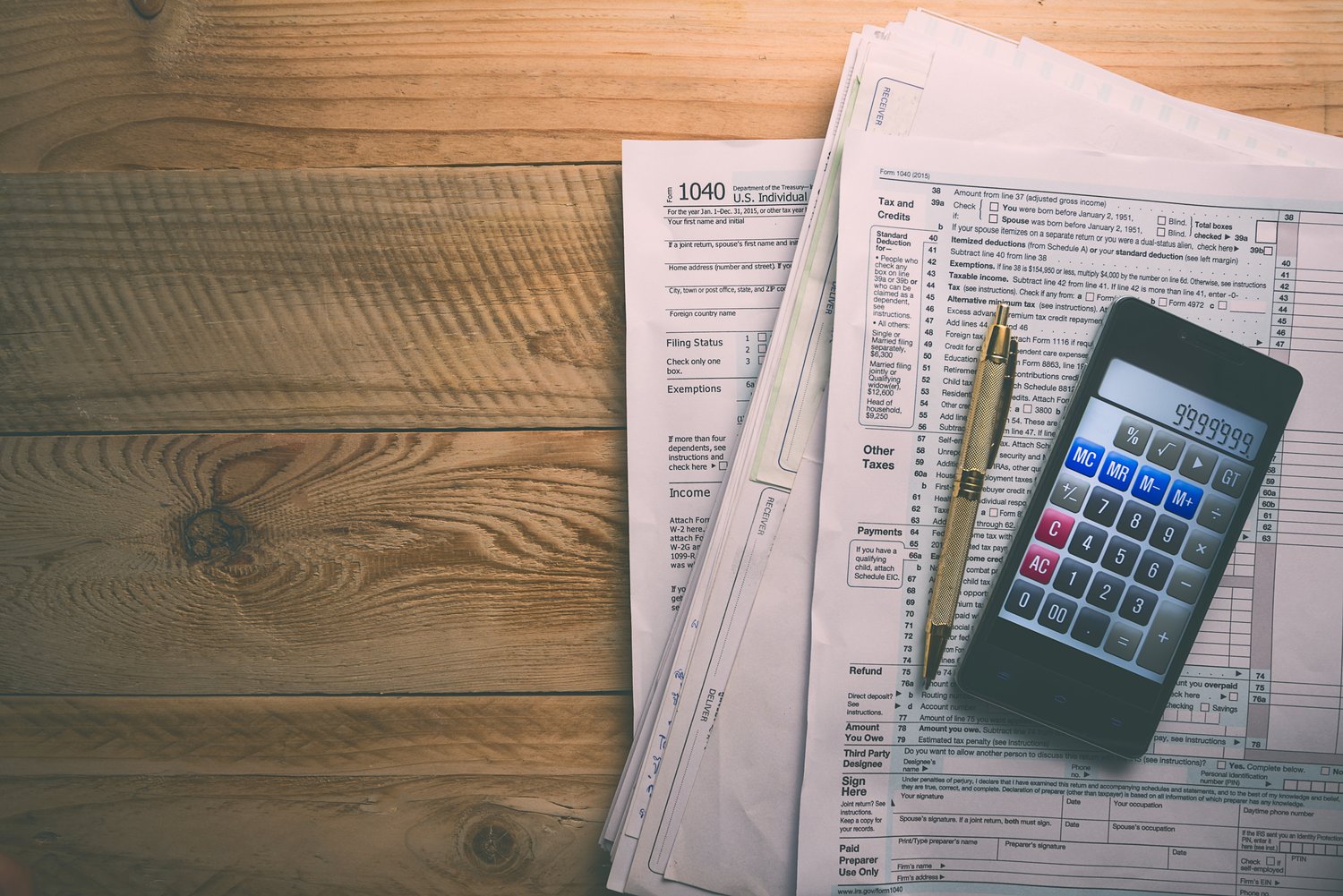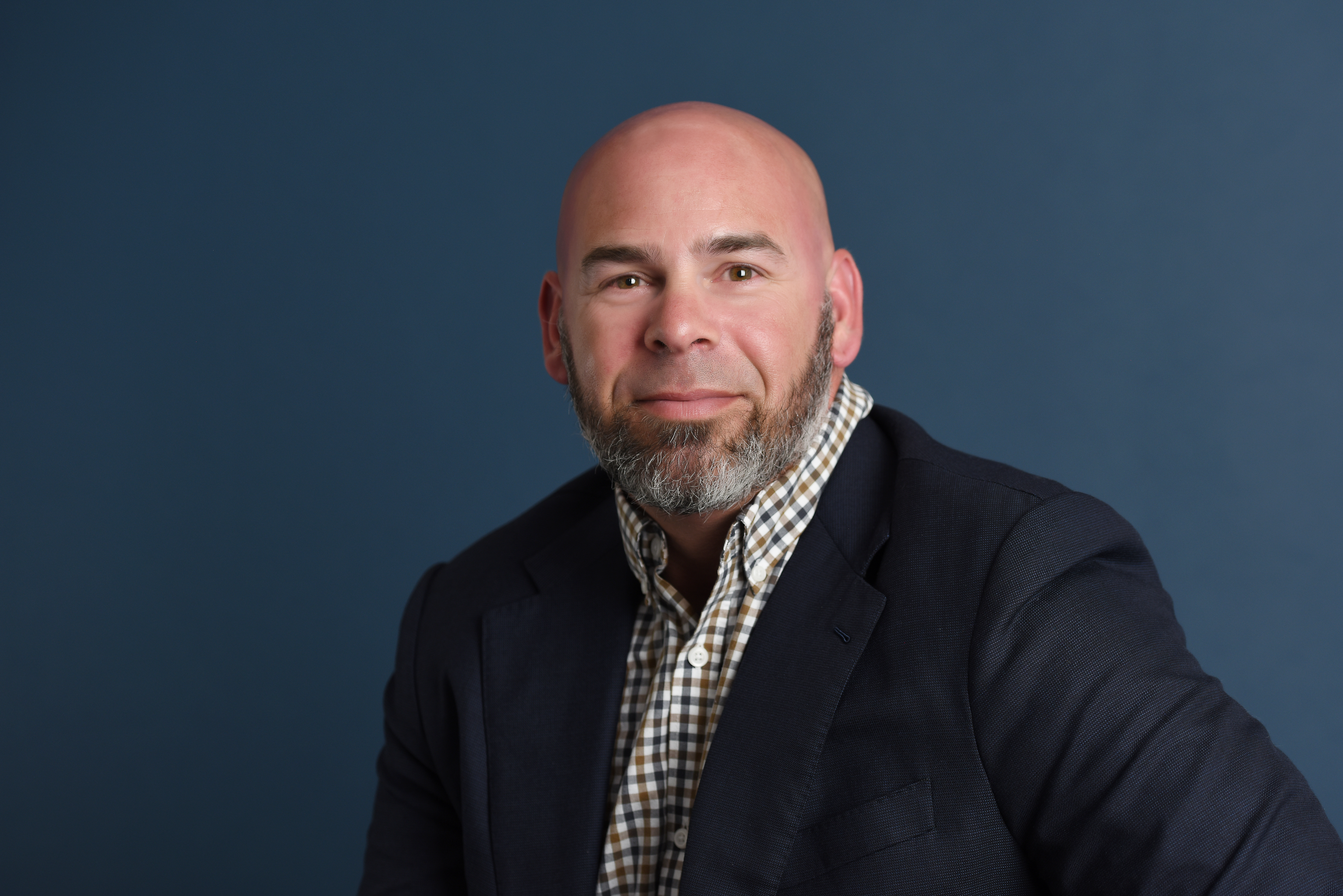
If you started a new side gig, picked up freelance work, or ditched your 9-5 for self-employment last year, congratulations! Being your own boss has its share of perks, but it also brings new challenges. If this is your first time earning income as a small business owner (self-employed), here are a few tips for filing your self-employed tax return.
What Qualifies as Self-Employment Income?
The Canada Revenue Agency (CRA) considers you self-employed if you earn money by working as a sole proprietor, independent contractor, or part of a partnership. This means any money you earn with your side gig counts as income—even informal work like pet-sitting and delivery driving.
If you make any money outside of a traditional employer-employee relationship, the CRA expects you to report it as self-employment income and pay taxes on it.
How Much Can You Earn Self-Employed Before Paying Tax in Canada?
In Canada, you can earn up to the Basic Personal Amount (BPA) before having to pay federal income tax. That threshold is $15,705 for 2024. However, it’s important to check the BPA for your province, as it could be different.
Once your self-employed income exceeds that amount, you’ll owe both income tax and Canada Pension Plan (CPP) contributions. You’ll still need to file a return, even if you earn less than the BPA limit.
Any income you earn above the BPA will be taxed using the appropriate rate. The 2024 income tax rates for Canada are as follows:
|
Tax Rate |
Tax Brackets |
Taxable Income |
|
15% |
The first $55,867 |
$55,867 |
|
20.5% |
The next $55,867 |
$55867 up to $111,733 |
|
26% |
The next $111,733 |
Over $111,733 up to $173,205 |
|
29% |
The next $173,205 |
Over $173,205 up to $246,752 |
|
33% |
On the portion above $246,752 |
Over $246,752 |
When you file taxes this year, remember that the tax bracket is calculated using your self-employment income and wages. If your side gig pushes you into the next tax bracket, it could significantly increase your tax liability.
If you need help managing your self-employment taxes, please contact a local Chartered Professional Accountant (CPA). A CPA can help:
-
Tax filing
-
Bookkeeping
-
Financial planning
-
Business structuring.
They can also advise whether to remain a sole proprietor or incorporate for tax advantages. Look for a CPA with experience in self-employment and small business taxation.
Do Self-Employed Canadians Need to File a Separate Tax Return?
Your self-employment activities are included in your “regular” personal tax return; it’s just an extra form. In addition to what you usually enter on your return (T slips, credits & deductions, etc.), you’ll also enter the details about your business, side gig, freelance work, etc. You’ll need:
-
Total income & expenses related to your self-employment.
-
Information about your business, like your GST/HST number (if you have one).
-
The industry code that describes your self-employment. Don’t know your code? No worries. Learn how to find yours here.
Pro Tip: Separating your business and personal expenses throughout the year saves headaches at tax time. Use one bank account for business, and another for personal banking.
What Tax Forms Do Self-Employed Canadians Need?
When filing your taxes and listing self-employed income, you’ll need to use Form T2125 (Statement of Business or Professional Activities) to report your income and expenses. If you earned more than $30,000 per year in self-employed income, you’ll also need to file a GST/HST return. The GST34 is the most common form used for GST/HST.
The GST34 allows the CRA to collect sales tax from your business activities. You’ll also need to include your Form T1 (general tax return) and Schedule 8 for CPP contributions. If you’re claiming employment expenses, you must file a Form T777.
If this is your first time filing your taxes, you’re probably worried about which forms to use. This is understandable, as Canada has many different tax forms. The good news is there are several great software platforms out there that will automatically recommend forms based on the information you provide.
For example, if you specify that you earned self-employment income, the software will recommend Form T2125. Aside from working with a tax professional, using a tax return platform is one of the simplest ways to file your taxes correctly.
How to Prepare for Your Self-Employed Tax Return in Canada
Rather than starting your return and then having to stop to find that pile of receipts buried in your closet, gather the paperwork you’re going to need before you start. Sort your receipts into categories and add up your totals for each group. Find your:
-
Income amounts–how much your business has earned. This could be something simple like a receipt book or invoices. If you’ve kept a spreadsheet, that's even better!
-
Receipts for expenses. Common expenses include inventory, office supplies, advertising (like your business cards), meals, vehicle expenses, and bank fees.
-
You and your family’s personal information. You’ll need Social Insurance Numbers for you, your spouse, and any dependents who might have, along with everyone’s date of birth.
Pro Tip: A copy of last year’s return is always a handy reference. Reviewing what you claimed last year helps ensure you’re not forgetting anything this year.
According to a recent survey, getting organized is the most daunting part of the tax preparation process for more than a third of Canadians. Keeping track of your receipts year-round can make a huge difference at tax time.
There are lots of great apps that can help. If you’re self-employed, QuickBooks Self-Employed is a program with a mobile app that makes it easy to stay in control of your business finances while also helping you prepare for tax time thanks to effortless expense, mileage, and invoice tracking, all in one place!
What Happens if You Make a Mistake on Your Self-Employed Tax Return?
You may make a mistake on your self-employed tax return, even if you file your taxes yourself every year. Don’t worry — the CRA allows you to fix them. If you’ve already filed, you can request an adjustment using your online “My Account” profile. You can also use ReFILE, an online service that lets you request adjustments to your return.
You may be entitled to a refund if you paid too much in taxes. The problems arise when you underpay. In these cases, the CRA may charge you interest or apply penalties to your bill. Severe mistakes can result in a CRA audit, so be thorough when filing your taxes.
What Tax Deductions Can Self-Employed Canadians Claim?
Tax deductions reduce your tax liability and could help you save thousands. Here are some basic deductions most self-employed Canadians can claim:
-
Home office expenses (rent, mortgage interest, utilities, etc.)
-
Vehicle expenses (gas, insurance, lease payments, etc.)
-
Business supplies (computers, software, office furniture, etc.)
-
Marketing and advertising costs
-
Professional development (training courses and conferences)
-
Phone and internet bills
-
Self-employment pension contributions (CPP payments)
If you run your business from home, use this formula to calculate how much you’re eligible for: (Business area ÷ Total home area) × Eligible home expenses.
Pro Tip: To make tax time even easier, sign up for online billing for your utilities. Having all of your monthly bills in one place saves time, effort, and trees!
If you receive a refund and are currently in debt, use your refund to pay down high-interest debts, such as credit card debts or personal loans. If you owe taxes and are struggling to pay, there are many resources available to help you through, such as free credit counselling. Credit Canada can offer personalized advice on how to tackle your debts. Contact us today by calling 1(800)267-2272 or talk to our AI Agent, Mariposa.

Frequently Asked Questions
Have a question? We are here to help.
What is a Debt Consolidation Program?
A Debt Consolidation Program (DCP) is an arrangement made between your creditors and a non-profit credit counselling agency. Working with a reputable, non-profit credit counselling agency means a certified Credit Counsellor will negotiate with your creditors on your behalf to drop the interest on your unsecured debts, while also rounding up all your unsecured debts into a single, lower monthly payment. In Canada’s provinces, such as Ontario, these debt payment programs lead to faster debt relief!
Can I enter a Debt Consolidation Program with bad credit?
Yes, you can sign up for a DCP even if you have bad credit. Your credit score will not impact your ability to get debt help through a DCP. Bad credit can, however, impact your ability to get a debt consolidation loan.
Do I have to give up my credit cards in a Debt Consolidation Program?
Will Debt Consolidation hurt my credit score?
Most people entering a DCP already have a low credit score. While a DCP could lower your credit score at first, in the long run, if you keep up with the program and make your monthly payments on time as agreed, your credit score will eventually improve.
Can you get out of a Debt Consolidation Program?
Anyone who signs up for a DCP must sign an agreement; however, it's completely voluntary and any time a client wants to leave the Program they can. Once a client has left the Program, they will have to deal with their creditors and collectors directly, and if their Counsellor negotiated interest relief and lower monthly payments, in most cases, these would no longer be an option for the client.






